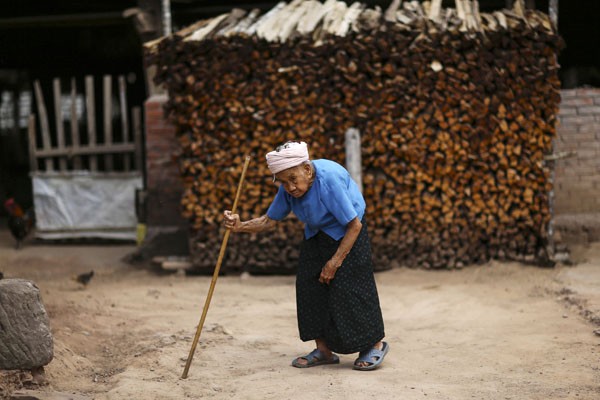The township of Dulongjiang is home to one of China's smallest and most isolated ethnic groups, the Derung. The ethnic group, which numbers less than 10,000, lives in the mountains in the Gongshan Derung's Derung River Valley and Nu Autonomous county in the northwestern part of Yunnan Province of Southwest China, near the Myanmar border.
The town previously spent six months barricaded by snow, and even during the dry season, it would take several days for a man to reach the nearest town. The town is considered to be one of China's poorest with a per capita income amounting only to one-tenth of the expected average.
But not anymore. The journey to the next town now lasts three hours, sometimes even a bit less, because of the newly constructed road linking the poor town to the rest of the Chinese civilization.
The road, which took four years to be completed, cost the Chinese government 1 billion yuan ($160 million). It connects the Derung people with the rest of China with an 80-kilometer road, 6.68 kilometers of which ran through an underground tunnel.
With the road open to traffic, the community obtained greater access to the outside, and now slowly yet consistently benefitting from the fruits of modern times.
But as the ethnic group embraces modernization, its culture and tradition are withering fast, forcing the government to send experts collecting the town's objects and artworks, recording the local language and customs, and all the while encouraging the elders to pass on their age-long heritage to the younger generation.
The Chinese government is set to help the town upgrade its situation by creating a tourist industry that would showcase the stunning scenery of the place.



























